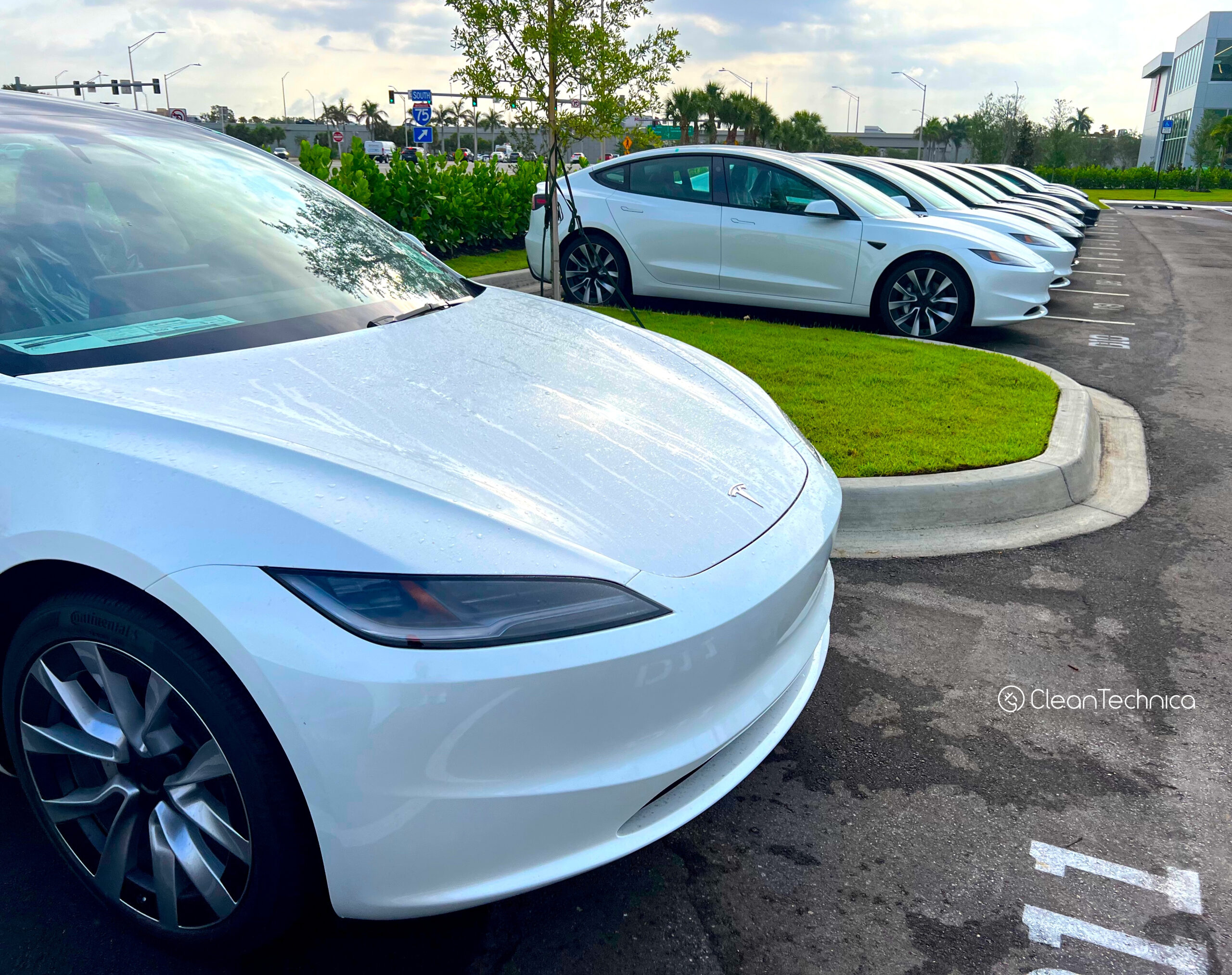By Irina Slav
“Any source of energy is intermittent, but renewables are perhaps the least intermittent, since they use the sun and wind. The crucial missing piece of renewables is the lack of infrastructure.”
This profound revelation comes from the head of the International Renewable Energy Agency, Francesco La Camera, and should be included in textbooks when the time comes to study the reasons for the failure of the energy transition.
La Camera’s evident disregard for physics, which I cannot see as anything else but deliberate, is the latest sign that the transition is going so well its advocates need to resort to even more blatant lies than before to keep the narrative going.
Of course La Camera is not alone in the desperate push but since my time and mental space — and patience — are limited I’ll focus on my all-time favourite transition star, the IEA’s Fatih Birol who this week graced us with yet another op-ed for the Financial Times full of so many obvious lies it’s a marvel it didn’t spontaneously combust upon completion.
Dispensing with the usual opening shot of “devastating storms, floods, droughts and heatwaves” that clearly constitute the equivalent of a waking wet dream for Birol and friends, let’s begin with a contradiction that is symptomatic of the mental state popular among Western climate crusaders.
In the first paragraph of his ode to the transition, Birol grimly informs us that “the amount of greenhouse gas emissions humans are releasing into the atmosphere keeps going up, not down.”
In the very next paragraph, however, we learn, with not a little surprise in my case, that “technologies like solar, wind and electric cars are increasingly replacing the need for fossil fuels and reining in emissions.”
It is with great pleasure that I give you this Bloomberg headline from August last year: Global Oil Demand Hits Record and Prices May Climb, IEA Says.
With no less pleasure I also give you this headline, from Al Jazeera: Global coal use to reach record high in 2023, energy agency says. The energy agency? None other than Birol’s IEA.
The only hydrocarbon that did not break a demand record last year was gas, thanks to Europe. But, Global gas demand set for stronger growth in 2024 despite heightened geopolitical uncertainty, per our greatest energy agency ever.
These and other news reports clearly show that there’s really some massive replacement in the need for hydrocarbons going on thanks to solar, wind and electric cars. The replacement is so massive that demand for oil, gas, and coal is totally peaking by 2030, just as the IEA predicted last year. Or is it?
Of course it’s not. Here’s a whiney lead from Bloomberg on the topic: “The world is using more oil than ever and demand is outpacing expectations again this year, raising questions about how soon global consumption will peak.” Insert meme of humanoid poking oil demand with a stick, with a bubble saying “C’mon, peak already”.
We continue with the straight-faced lies as Birol tells us in all seriousness that “It’s now cheaper to build onshore wind and solar power projects than new fossil fuel plants almost everywhere worldwide.” The hedge with “almost everywhere” is adorable. Not so with the unspoken assumption that he probably means upfront costs alone and the fact wind and solar installations are not subject to heavy punitive taxation.
Then comes an even funnier — or annoying, depending on your mood — statement regarding EVs.
“Meanwhile, the price of electric cars continues to come down and their market share keeps rising. In 2020, around one in 25 cars sold worldwide were electric; just a few years later, in 2023, it was one in five.”
One in five would come in at 20%, right? Only EVs did not represent 20% of all car sales last year. Total sales of EVs, hybrids and fuel cell vehicles last year came in at between 13 million (per this report) and 13.6 million (per this report).
Total car sales calculations vary from 75.3 million per Statista, to 88.8 million per Wards Intelligence, to 89.8 million per Moody’s. In none of these calculations do EV sales constitute a 20% share, even including hybrids. But hey, who’s going to check, right? I mean, this is the head of the IEA telling you how things are. He must be right, what with such a responsible position. People in positions of responsibility never ever lie.
Moving on, Fatih The Honest has another gift for us: innovation. “After concerns that supply bottlenecks for critical minerals such as lithium could hamper the production of EV batteries, the industry responded by quickly bringing to market new battery chemistries that will reduce their dependence on key minerals.”
So, did you hear about the new EV that Renault is making featuring a lithium-free battery that can charge in five minutes and keep a range of 500 km? No? Well, neither did I. Because it didn’t happen. I apologise to Renault fans for picking on the company but I haven’t recovered from the trauma of seeing the Ami. Google it at your own risk.
What’s happening is development of alternative batteries in the lab. By the time these technologies are ready for mass production — if ever — carmakers will have spent so much on lithium-ion technology that switching to a new sort of battery would be basically suicide.
And that’s despite the fact it is carmakers that are involved in this new battery research. But these are minor details that nobody cares about. Innovation is a magic word and it must be taken as a magic word that makes things happen simply by being uttered by the right mouth.
But that’s not the end of the list of good news for the transition, no. There’s more where the above came from. In jobs.
“Clean energy is also where the jobs are,” Birol tells us. “Its industries — including renewables, electric cars and heat pumps — already account for more than half of employment in the global energy sector and are continuing to add more jobs all the time.”
At this point I don’t mind telling you I was conflicted. Ethics and integrity told me to do the jobs research and compare numbers. Cynicism and the power of deduction suggested I forego this exercise because of course the numbers are not going to add up to prove Birol right. Cynicism and the power of deduction won.
There is no way wind, solar, EVs and heat pumps can add up to over 50% of global energy jobs and counting. Not when solar developers in the U.S. are going bust. Not when heat pump makers are struggling to sell their products.
Not when four people are enough to install a 100 kW rooftop solar system and even two would do the job, though it would take longer. And definitely not when one of the biggest selling points of EVs — fewer moving parts — means EVs require fewer workers to manufacture them.
We come to the point of the message towards the end. It is contained in the following paragraph: “Last but not least, the worsening impacts of global warming, mainly caused by emissions from fossil fuels, are increasingly apparent to citizens around the world, who will over time demand more, not less, climate action from their governments.”
Yes, please start demanding more climate action from your governments so we can keep running the apocalyptic narrative that keeps so many people employed at NGOs, consultancies, and research firms. That’s where the “green” jobs are.
They’re making good money dealing fear and it would be a pity to see this money go somewhere else entirely unnecessary such as more affordable energy. And for the love of climate, don’t try to think, just listen and repeat what we tell you. We are totally not lying to you, we swear.
Some may wonder why I keep chewing Fatih Birol. The answer lies in reports from CERAWeek quoting various energy industry executives as admitting to being surprised by the strength of oil demand in the face of economic adversity.
One of the reasons they were surprised, in addition to forgetting the concept of demand elasticity, was the IEA’s constant refrain that oil demand is going down, down, down and away. Which it wasn’t. And it won’t, not any time soon.
Birol is an individual in a position of significant responsibility. When he talks, people listen. And they end up making wrong decisions that can often cost a lot of money and significant discomfort to millions. That’s why I’m picking on him.
Incidentally, did you hear about the letter two Republican Congressmen wrote to Birol, accusing him of turning the IEA into “a transition cheerleader”? We need more people like them.
Share This:




